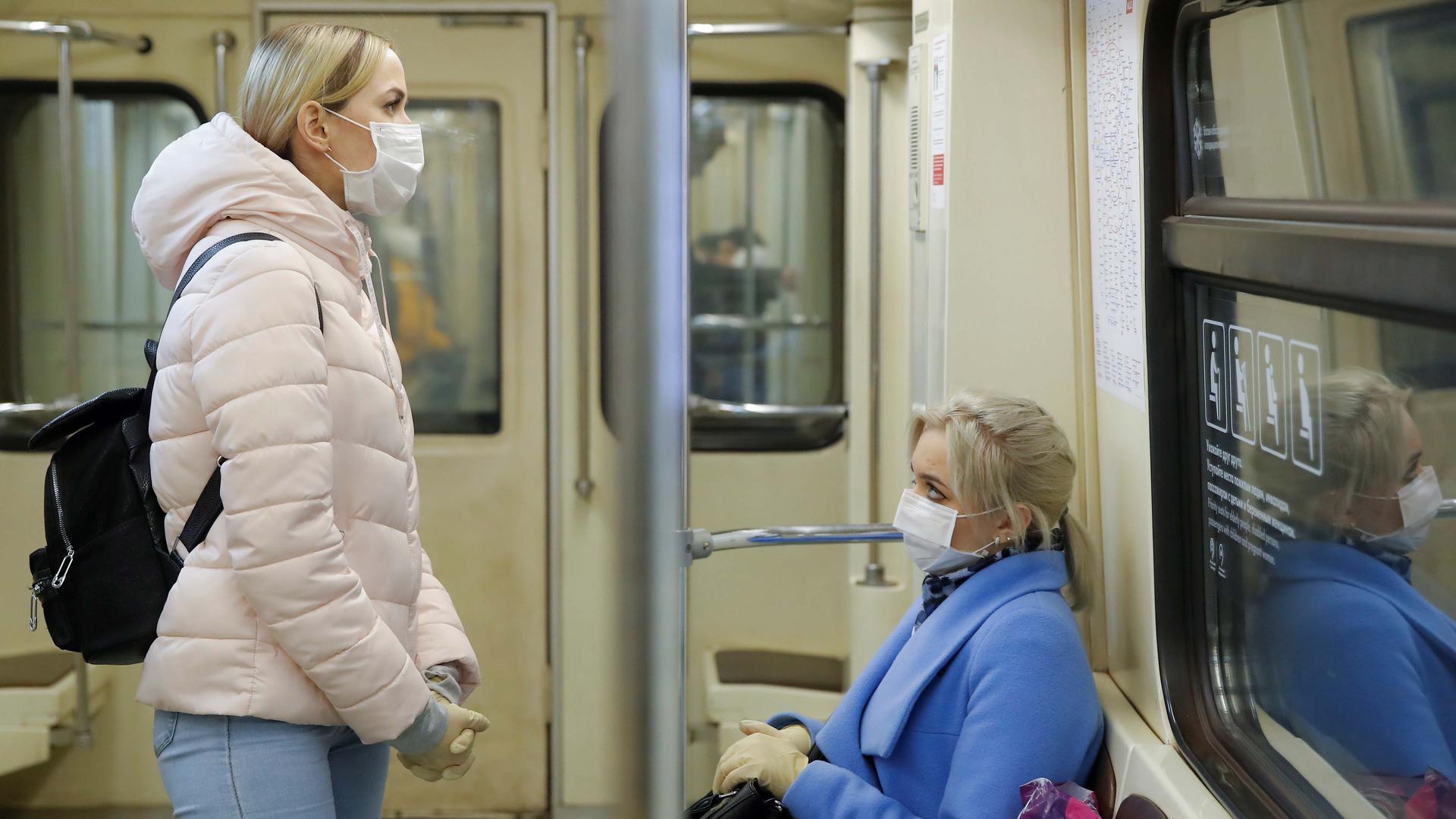Since the coronavirus outbreak began earlier this year, millions of people across the world have been ordered to stay home under the assumption that home is the safest place for them.
But what if home itself isn’t safe? That’s the case for many survivors of domestic violence who are now stuck with their abusers for long periods of time, unable to get help.
Some countries are trying to step in. France, for example, is funding hotel rooms for survivors of domestic violence.
In China, domestic violence cases reported to police in one county tripled during Feburary. Europe is also now seeing a surge of cases.
Laura Albu is the vice president of the European Women’s Lobby, a network of women’s associations across the European Union. She spoke to The World’s host Marco Werman about what organizations are doing to protect people made vulnerable to abuse because of lockdowns.
Related: COVID-19: The latest from The World
Marco Werman: What new challenges is COVID-19 presenting to your work supporting survivors of domestic violence?
Laura Albu: The number of calls to the helpline are dropping. Usually women are calling these lines while being safe, while their abuser is not at home.
And with the abuser at home, I suspect the victim is far less likely to pick up the phone and call for help. Aside from leaving home and ending up possibly homeless, what options do survivors have to seek help when they’re at home with their abuser?
Actually, we’re trying this campaign related to pharmacies. Women going in for medicine can ask for the “Mask 19,” which is a code for the pharmacies to know that the women is in danger. She cannot talk because she is accompanied by the abuser, usually, so [pharmacists] can call the emergency 112 for them.
Related: Three sisters’ case highlights domestic violence in Russia
So the woman — the victim, in this case — would go to the pharmacy and tell the pharmacist, “I want Mask 19.” And they would know what that means. They would know that they’re at home with an abuser.
Yes. We know that the abuser is not only controlling their life, their daily life, in a normal way, but also their phones, their computers. We tried to see right now how to reach them through messages in tampon boxes or detergent boxes. This kind of information — because we know usually men are not willing to wash clothes or do anything — laundry — in the house.
I mean, these sound like innovative and smart solutions. But I would think ultimately women and girls would most benefit from strong government policies and reforms. You focus on Europe. What type of legislation would you like to see in place that would address the dilemma of women and girls who might find themselves in isolation with an abuser?
When we have only men around the table discussing women’s issues and how is COVID affecting women — and that’s a topic discussed by men. And we see that also on the news, and we have seen also on the television shows, and all the time the experts who are there are men discussing women’s problems. So it’s funny, but, so, you see that women are holding [up] and supporting the society right now. But they are not the ones in charge of allocation of resources, and they are not in charge of coordination of emergency services.
Related: These Argentine women fight against a justice system ‘written by men’
Right. The World Health Organization says that women make up 70% of health and caretaking roles. So do you think women and girls are disproportionately affected by COVID-19?
I can’t say that it’s a good moment. It’s just an awakening moment for society because people say they want to go back to normal. But what was normal before, for the women, it was something which was not seen in terms of inequalities. And it’s just right now much more obvious how much women are taking care of our economy and how much women are taking care of the entire society. So actually, I think the disproportionate burden on women needs to be tackled. Maybe other crises in the future could be better coordinated if women are also in the teams who are working on that.
This interview has been condensed and edited for clarity.
